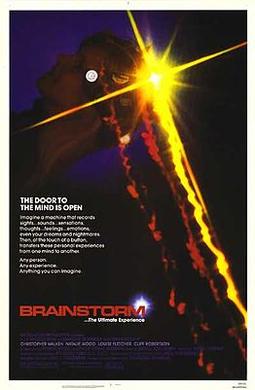- Also known as:
- Unknown
- Year:
- 1994
- Country:

- Predominant Genre:
- Non-fiction
- Author:
- David Roediger
- Best Performances:
- None
- Plot:
- None
- Themes:
- Personal change
- Self-expression
- Compassion
- Totalitarianism
- White supremacy
- Similar To (in Plot, Theme or Style):
- Unknown
- Review Format:
- Book
White Alienation
The central tenet of any pro-diversity work is that homo sapiens are biologically indivisible by race and the basis of this book, that Whites have created a political category of race - unsupported by science - is the only explanation for the continuing widespread White belief that human character can be assessed on the basis of skin pigmentation. That Whites materially benefit from such a conception explains its longevity.
The difficult part of this discussion is that although the metaphysics, epistemology and ethics are easy to argue and defeat every argument White supremacists invent to excuse their pathology, it is in the political arena that the complexity of the issue reveals itself.
Whiteness is revealed as a (self-)destructive ideology based on patterns of behavior coming from a desire to conform that gives the impression that Whites are somehow different from others. So much so that Whites do not consider themselves to be a particular ethnicity, but default or neutral humans - everyone else being an inferior variant. This provides Whites with a psychological benefit that no matter how unsuccessful White individuals may be, they can never be as badly-off as a non-White. Yet, for this addiction for White supremacy to work, it must be practiced regularly and overtly. It is not enough to believe oneself superior, one has also to convince others of their inferiority to make the self-delusion appear real. The best way Whites have done this is to pass discriminatory legislation that makes White supremacism real where no White scientist could have succeeded; making scientific racism, itself, appear genuine.
Whites who resist this gene-supremacist norm are referred to as race-traitors and as being “soft on race”. This mutualised fear of social ostracism helps keep Whites in line with one another and the prevailing phenotypal-orthodoxy. Indeed, the more vacuous the concept of White supremacy is, the more supremacist Whites have to be and are. The snare for Whites here is both guilt and shame for accepting something that makes no rational sense; proving their dependence not on their own abilities and merits, but on the alleged demerits of others. One sees this same psychological dependency in drug addicts and alcoholics. This leads to the denial regularly practiced by politicians that race is a vote-losing issue so let’s pretend we are not racist, instead, and focus on the economy. Yet the very fear of discussing race proves that Whites see race as very important - as well as that they are happy to experience a weakened economy so long as Blacks are not equalized with themselves and benefit from a stronger one.
White supremacy is the result of White alienation from a culture that offers them little besides material benefits. The lower-class has never - despite their relative numbers - been powerful enough to bargain for better pay and conditions because they lacked solidarity. They openly refused to join forces with Blacks and so were always divided and easy to defeat. Moreover, the vacuity of White culture excludes any genuine possibility that Whites will renounce the benefits of their supremacism since such supremacism is all that White culture has to offer. Whites thus have a fragile sense of identity that their supremacism attempts to prop up. So much so that Whites had to invent the specter of Black racism to excuse their own as a form of self-defense against something that does not exist. Moreover, this crisis of leadership in White culture comes about precisely because of the supremacist basis of that culture.
Whiteness labels an absence of a culture; one that defines itself by both what it is not and by whom it can oppress. The price Whites pay for this is a lack of individual spontaneity, experimentation, humor, sexuality, danger, physical movement and rebellion that makes living such an exciting experience. Here envy and antipathy go hand in hand. Renouncing White supremacism also entails showing solidarity with Blacks, since one may not see Blacks as inferior yet still get better treatment from other Whites who do and who think that anti-Whiteness is a call to genocide. Ultimately, the White problem in the United States is that so long as Whites see themselves as White, they will always be supremacists and will always settle for hopelessness in politics and misery in their everyday lives.













